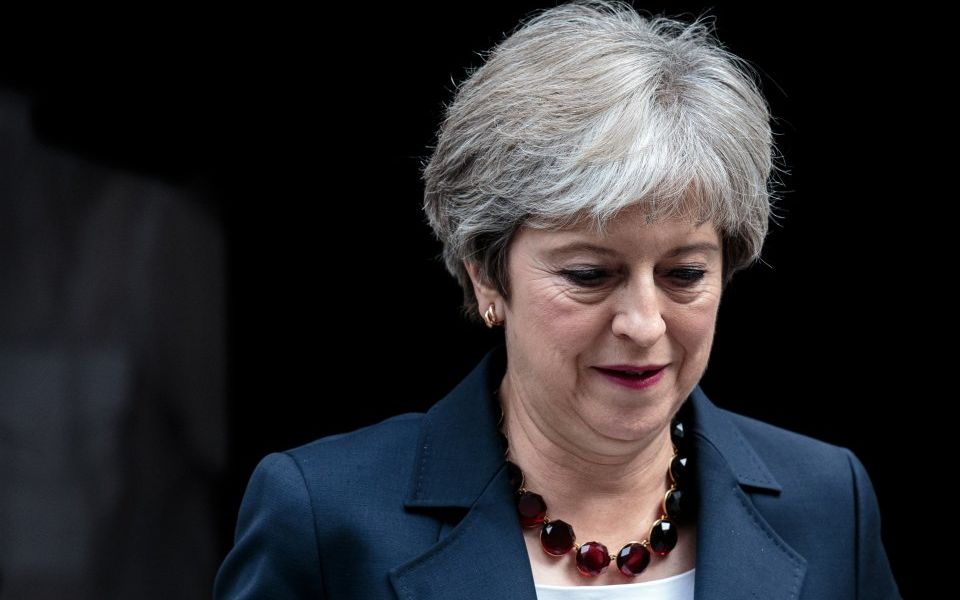Brexit: The damage inflicted by the ERG leaves Theresa May in power – but too weak to stop the Conservatives’ civil war

A lot of ink has been spilled on whether the Prime Minister could face a vote of no confidence and be forced out of Downing Street. However, for many weeks now Brexiters have made it clear this is not the route they are seeking.
Eurosceptics, represented in part by the European Research Group (ERG), know they do not have the numbers to remove Theresa May. She would emerge from a front-on attack of this nature bruised but not beaten.
Most importantly, she would then have a year to promote the type of Brexit deal she wants, free from any further attacks. Rather than tilt the outcome in Brexiters’ favour, they would most likely find themselves locked out.
Thus, the ERG has instead favoured a death-by-a-thousand-papercuts approach, combining a series of challenging amendments with the trickle of resignations.
Although many post-Chequers resignations have come from people in junior positions, it is enough to harm “the optics”, to borrow some of Westminster’s favourite jargon. Those freed from collective responsibility slowly nudged up the numbers in favour of the Leave-backing rebels, eroding the government’s grip on power.
As yesterday’s reverse ferret on the so-called customs bill shows, that tactic has worked. The Chequers deal, feted by May and her team just 11 days ago, is now crumbling before it has even reached Brussels. The PM tried to put a face-saving spin on her climbdown, but it’s clear that with the amendment to her proposed customs arrangement she has lost the battle.
A big showdown was always inevitable, but as the repercussions of today's drama rumbled on, it wasn’t May versus the rebels that was the problem, but backbencher against backbencher. Remainers including Anna Soubry and Heidi Allen quickly took the fight to the ERG, while even moderates were privately expressing anger about the eurosceptic group's “kamikaze” approach.
Armed with just a paper crown, May will find it even harder to keep the Conservatives from descending into civil war.
She stays in position for now, but her power to direct the party has been severely impaired, and the path towards a "smooth and orderly Brexit" looks less clear now than at any point since the referendum.